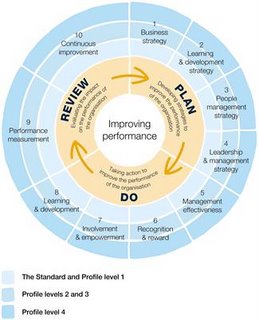Eleven Plus Costs
I have sat in on discussions between mothers and fathers and their children.
“I will do an Eleven Plus paper every night between now and the examinations if you give me £100.00 towards my iphone. I already have £50.00 but the phone costs £169.00.”
“Did you really say every night? Do you mean every night without an argument? I am not sure you will stick to your side of the bargain.”
“All right, all right. If you pay me £12.00 a week I will save the money. If I don’t do the paper you will not have to pay me.”
“I don’t know if that going to work. I can see you giving up.”
“Mum, I just want to be financially independent. “ I want to save for my phone and then buy the phone I want.”
“The last time you had any money, you spent it immediately. If I give you £12.00 a week, how do I know you won’t waste the money straight away?”
“I am going to cut down on unnecessary spending. The last time I spent money was when we were on holiday. I wanted to but presents for all the family. You always blame me for spending money but I was buying presents for Grandma and Grandpa.”
“Yes, but you had to borrow from your dad – and did you pay him back?”
“I am going to get rid of my addition. I have an idea. What about giving me £10.00 a week and then a pay rise after six weeks if I don’t spend any money?”
“I will have to ask your mother.”
“I will have to ask your father.”
“You always say that don’t you?”



